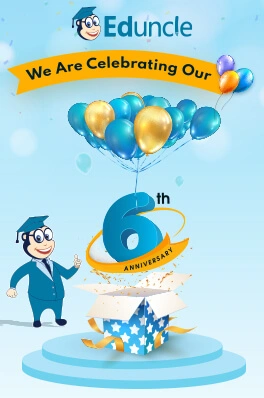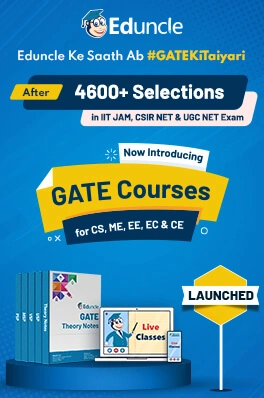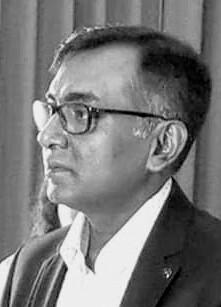Time management is very much important in IIT JAM. The eduncle test series for IIT JAM Mathematical Statistics helped me a lot in this portion. I am very thankful to the test series I bought from eduncle.
Nilanjan Bhowmick AIR 3, CSIR NET (Earth Science)- UGC NET
- English
Do provide eliot's criticism of murray
do provide Eliot's. criticism of Murray
- 0 Likes
- 2 Comments
- 0 Shares
-
![comment-profile-img]() >
>
-
![comment-profile-img]() >
>
Deb dulal halder Halder
![best-answer]()
“The Function of Criticism” by T.S.Eliot! “The Function of Criticism” was written by Eliot as the result of a literary controversy in 1919. A famous romantic critic Middleton Murray published an essay challenging Eliot’s views expressed in his essay “Romanticism and Tradition”. This essay “Function of Criticism” is a replay to the essay written by Murray. Eliot begins his essay stating or repeating his views which he had already expressed in his essay “Tradition and the Individual Talent”. Eliot repeats that there is a close bond [relation] between the present and the past in the world of literature, as in the other fields of life. We cannot claim any any superiority which is our own. In other words we continue the work of the past. But it does not mean total dependence. Eliot calls the bond a kind of tradition. All literary works from the time of the ancient masters Homer to the present generation form a single tradition. A writer’s significance or importance is measured in relation to this tradition. By criticism Eliot means the analysis of literary works. Criticism can never be an autotelic [directed towards an end in itself] activity. This is because criticism is always about something. So that ‘something’ is to be considered. The main aim of criticism is the clear explanation of literary texts and the correction of taste. But often critics try to differ from one another. This happens because of their prejudices and eccentricities. Eliot holds the view that critics should conform and co-operate in the common pursuit, of true excellence. The result of differences in reviews is that criticism has become like a Sunday park, full of orators competing with each other to attract more audience. Even in this troubled situation, there are some critics who are useful. It is on the basis of their works that Eliot intends to establish the aims and methods of criticism. .
Do You Want Better RANK in Your Exam?
Start Your Preparations with Eduncle’s FREE Study Material
- Updated Syllabus, Paper Pattern & Full Exam Details
- Sample Theory of Most Important Topic
- Model Test Paper with Detailed Solutions
- Last 5 Years Question Papers & Answers
Sign Up to Download FREE Study Material Worth Rs. 500/-










 >
>








Deb dulal halder Halder Best Answer
In the second part of his essay on ‘the Function of Criticism’ Eliot mentions Middleton Murray’s views on Classicism and Romanticism. Murray makes a clear distinction between the two and states that one cannot be Romanticist as well as a Classicist at once. Eliot does not agree with this view of Murray. Murray seems to make it a national or a racial problem, suggesting that the genius of the French is classic and that of the English is romantic. Eliot does not agree with the view of Murray who says that the English as a nation are romantics, humourists and non-conformists. Eliot does not agree with Murray who says that the French are naturally classical. In the last part of the essay Eliot discusses the problem of criticism in all its manifold aspects. He makes fun of Matthew Arnold who rather bluntly distinguished between the critical and the creative activities. Eliot blames Arnold for not considering that criticism is of great importance, in the process of creation itself. In Eliot’s view an author’s self criticism is the best kind of criticism. It is the self criticism of one’s own composition. He says that some writers are better creative and superior to others, only because their critical faculty is superior. They are able to criticize their own composition even at the time of composing them. The result is that they corrected and refined. He does not agree with the view that the great artist is an unconscious artist. He argues that critical activities and creative activities cannot be separated. The most important qualification of a critic is that he must have a very highly developed sense of fact. Eliot agrees that it is a rare gift. Eliot does not think highly of ‘interpreting’ an anchor. The critic must be able to give an insight into a text. He argues that impressionistic criticism is false and misleading